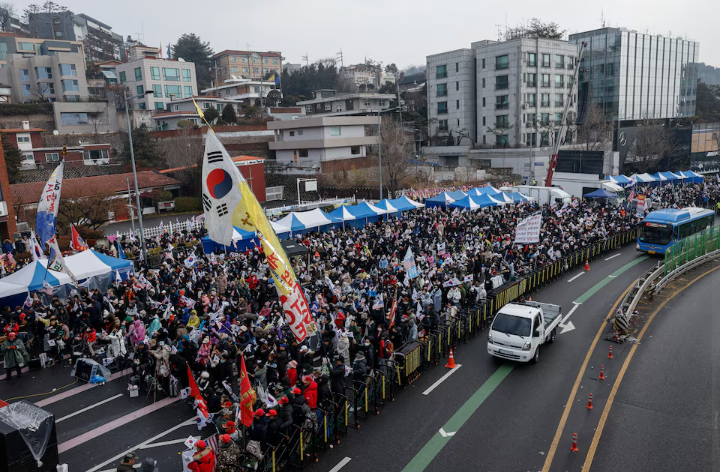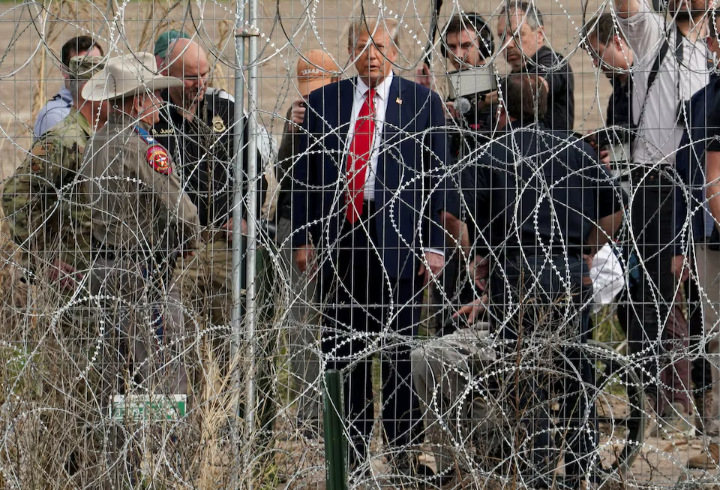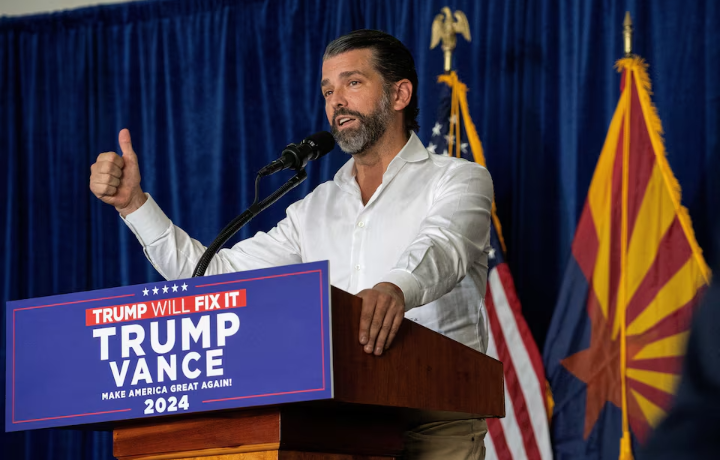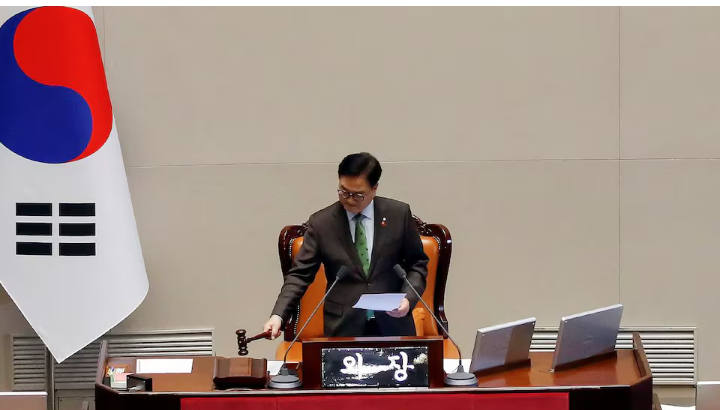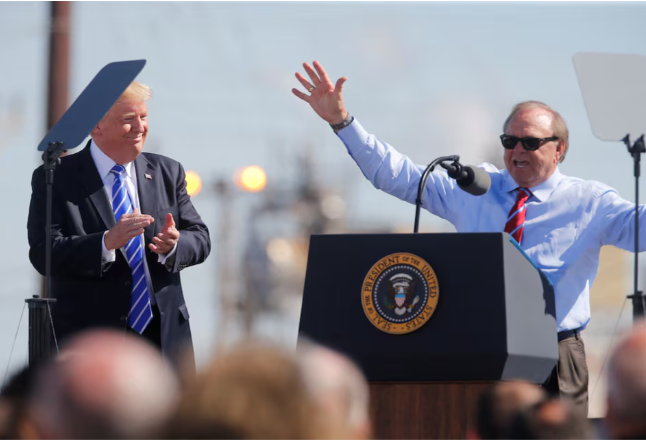South Korean authorities are intensifying efforts to detain impeached President Yoon Suk Yeol, following a failed arrest attempt at his official residence. The Corruption Investigation Office for High-Ranking Officials (CIO) has requested police assistance to execute the arrest warrant, which is set to expire imminently. Yoon faces charges of insurrection after declaring martial law on December 3, leading to his impeachment on December 14.
The initial arrest attempt was thwarted by Yoon's security team and a large assembly of supporters, resulting in a tense standoff. Investigators were compelled to withdraw due to safety concerns. Yoon's legal representatives argue that the CIO lacks jurisdiction over insurrection cases, further complicating the situation.
As the Constitutional Court deliberates on Yoon's potential permanent removal from office, the political climate remains volatile. Protests have erupted nationwide, with citizens braving harsh winter conditions to demand Yoon's arrest and ouster. The nation is experiencing significant political turmoil and market instability as a result.
In the midst of this crisis, U.S. Secretary of State Antony Blinken is visiting South Korea. He has expressed confidence in the country's democratic processes and interim leadership, emphasizing the importance of stability during this period of uncertainty.
Yoon's supporters, led by figures such as pastor Jun Kwang-hoon, continue to rally in his defense, intensifying the divide within the nation. The CIO is expected to seek a new court warrant to extend the detention window, as the current warrant is nearing expiration. The police are reviewing the request to transfer the arrest warrant, with the situation remaining highly fluid and unpredictable.

